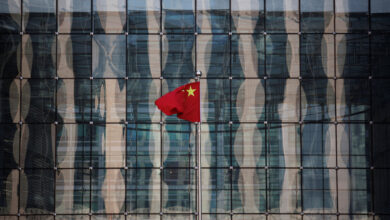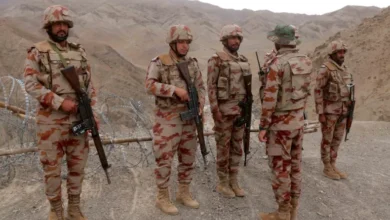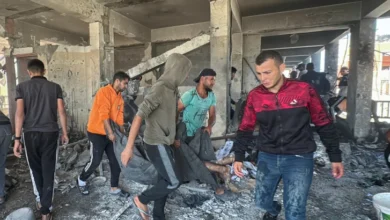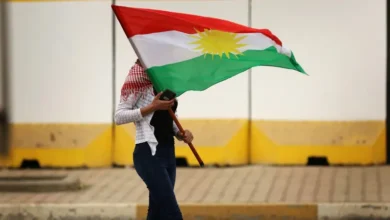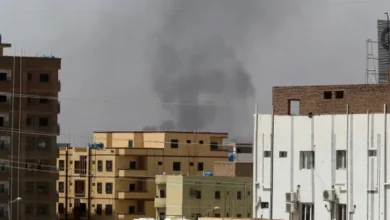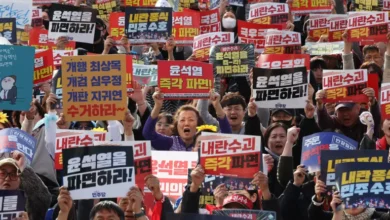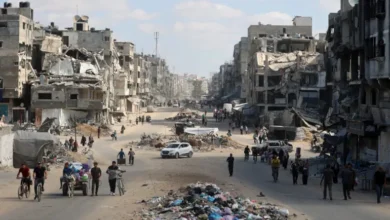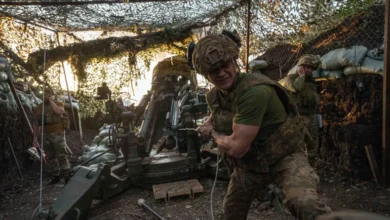Taliban’s Khalil Ur-Rahman Haqqani killed: Why it matters
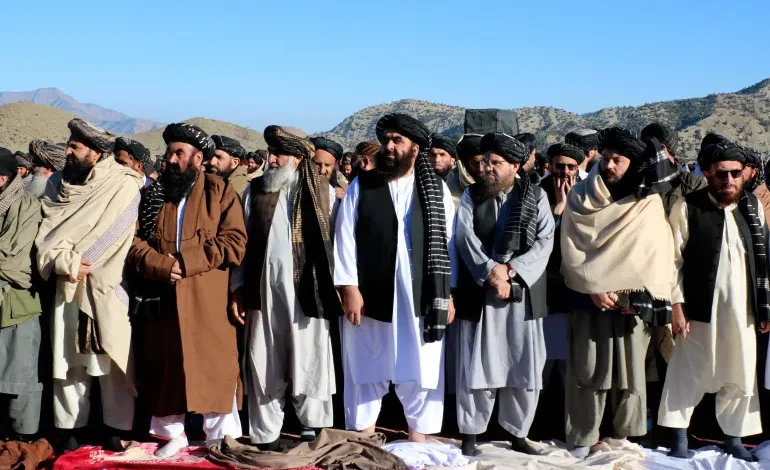
The Taliban’s minister of refugees, Khalil Ur-Rahman Haqqani, was killed along with four others in a suicide attack in Kabul on Wednesday.
The deceased minister was a senior leader within the Haqqani Network, the Taliban’s closest ally which has jointly controlled power in Afghanistan since 2021.
Haqqani’s killing was claimed by the ISIL (ISIS)-affiliate in the Khorasan Province, ISKP, and marks the most significant assassination of a leader in Afghanistan’s Taliban-led administration since the ouster of the United States-backed government of former President Ashraf Ghani three years ago, say analysts.
The bombing, they say, has raised questions about internal tensions within the Taliban and its allies, the influence of the ISKP in the country and security in Afghanistan more broadly.
Who was Khalil Ur-Rahman Haqqani?
Haqqani was the uncle of Sirajuddin Haqqani, the Taliban’s interior minister and the senior-most leader of the Haqqani Network.
Before being appointed as the minister for refugees, Khalil Ur-Rahman Haqqani was first charged with the security of Kabul city immediately after the Taliban seized control of the country. He was previously the Haqqani Network’s operational commander aiding al-Qaeda’s military in Afghanistan, and was crucial to his network’s fundraising efforts.
In 2011, the US Treasury Department designated him a “terrorist”, with a reward of up to $5m for information leading to his capture and prosecution.
“He was incredibly significant,” said Ashley Jackson, the co-director at the Geneva-headquartered Centre on Armed Groups, adding that he was “instrumental in the creation of the Haqqani Network”.
“Moreover, he had a strong power base … within the government. We saw him early in the administration making moves to exert authority over UN agencies, and he was fairly autonomous and did his own thing basically,” added Jackson.
Indeed, Haqqani’s appointment to the ministry raised eyebrows among Western officials in 2021, said Graeme Smith, a senior consultant with the International Crisis Group. “They remembered him as a tough commander during the war and they worried that the refugee ministry would require a softer kind of personality who works well with NGOs,” he said.
But inside the government, Smith added, Haqqani became known as a pragmatist. “He was reputed to be lobbying behind the scenes for girls and women to attend secondary schools and universities,” he said.
While the Taliban has imposed a number of restrictions on women’s freedoms since taking over, there has been a degree of internal resistance, largely coming from the Haqqani leadership, towards the complete ban on women’s higher education in Afghanistan, say analysts.
“He was a formidable figure within the Haqqani Network. And the loss of a member with [a] ministerial position would diminish Haqqani’s power,” Jackson said.

